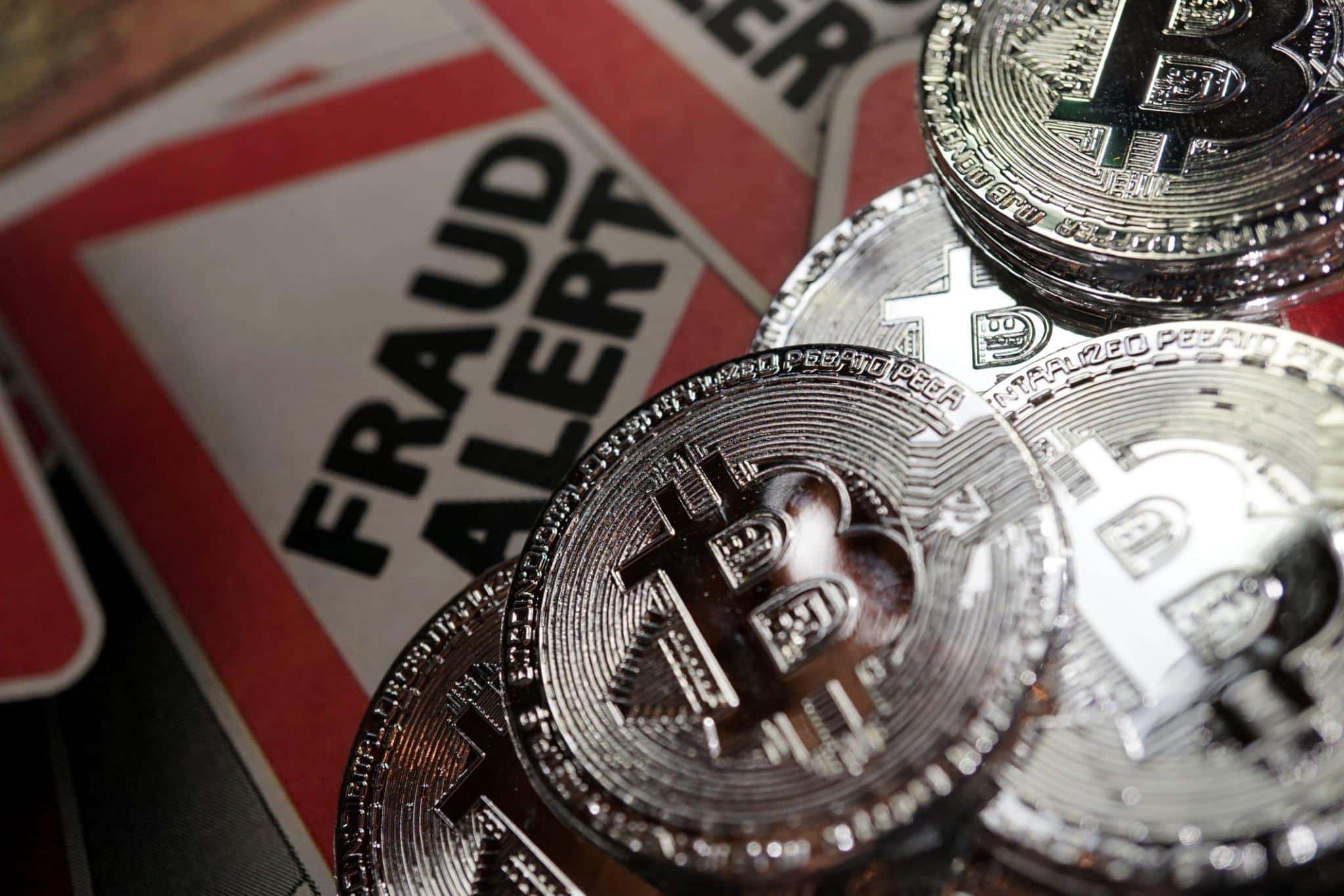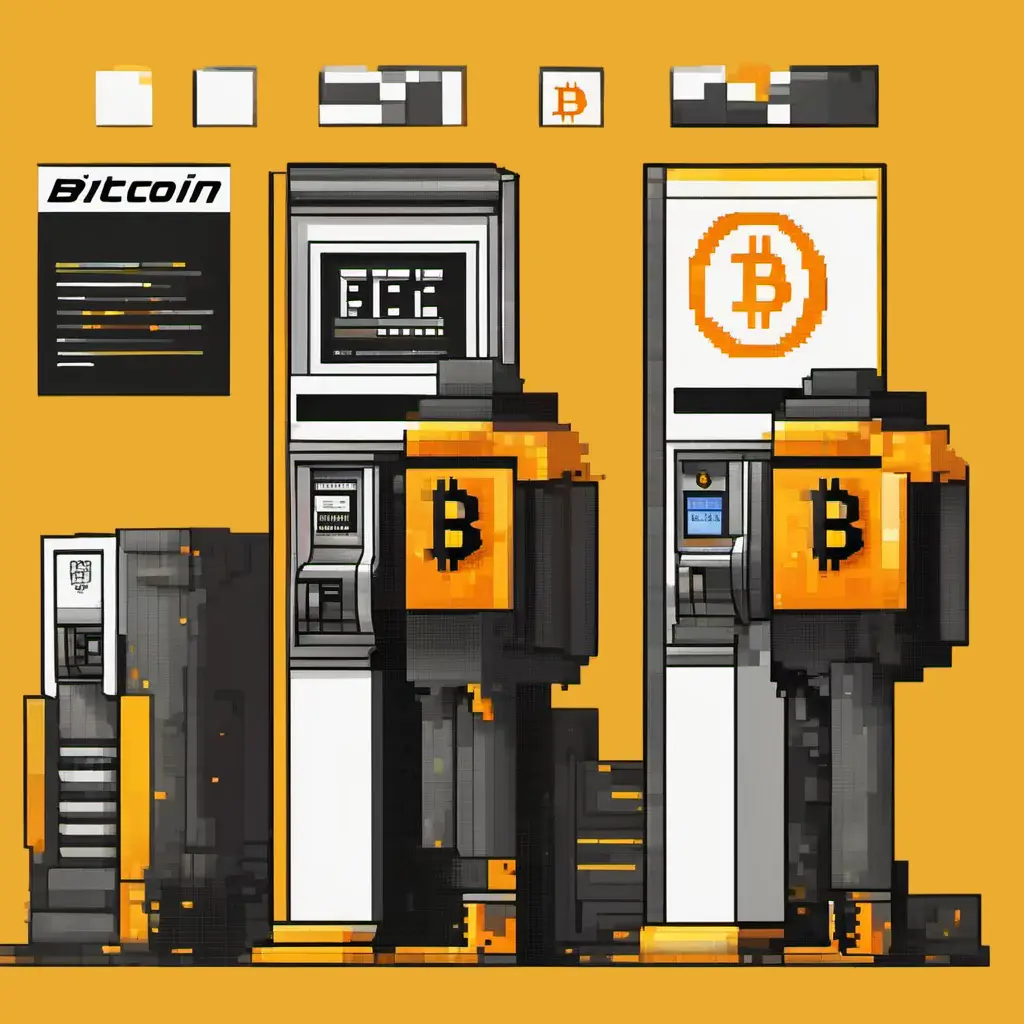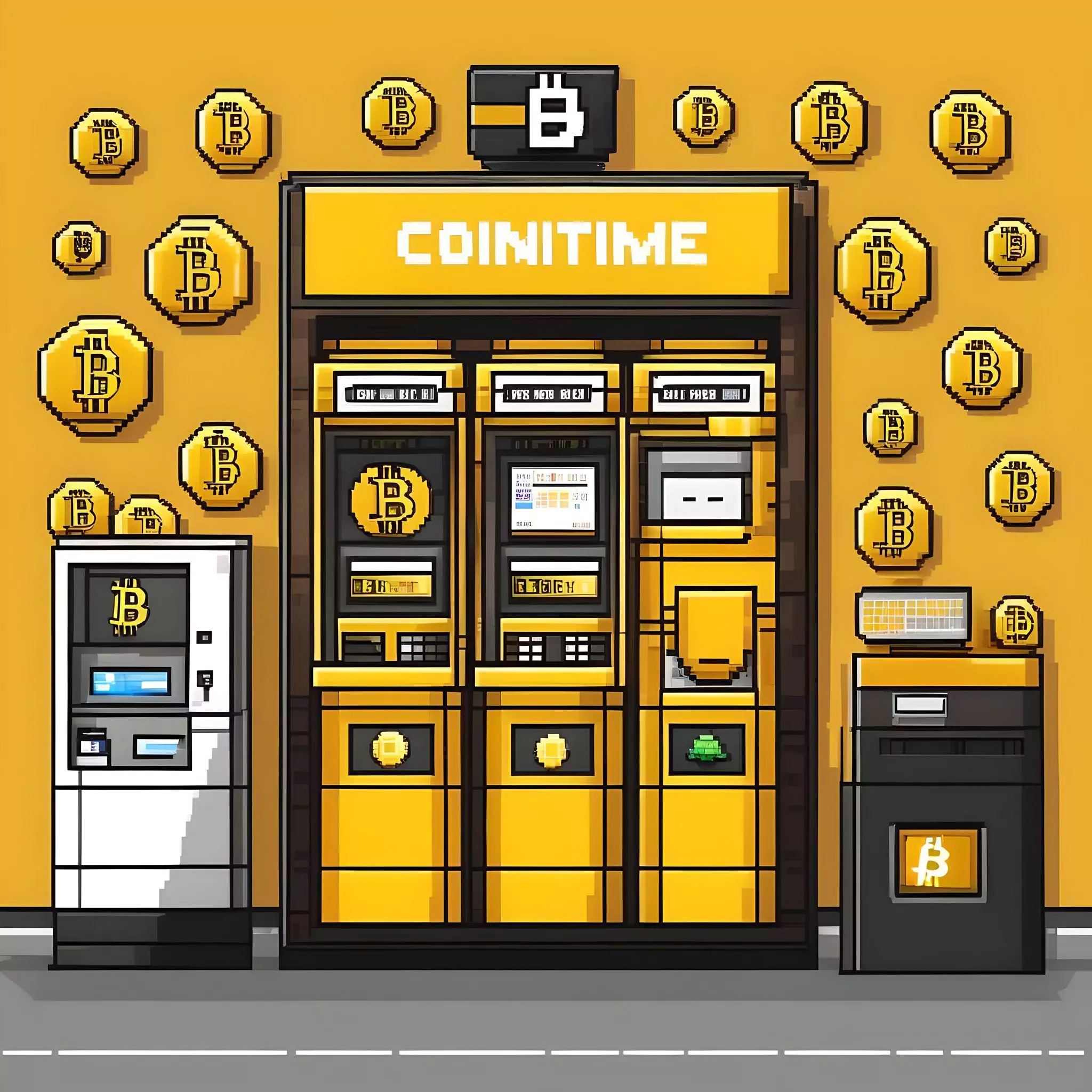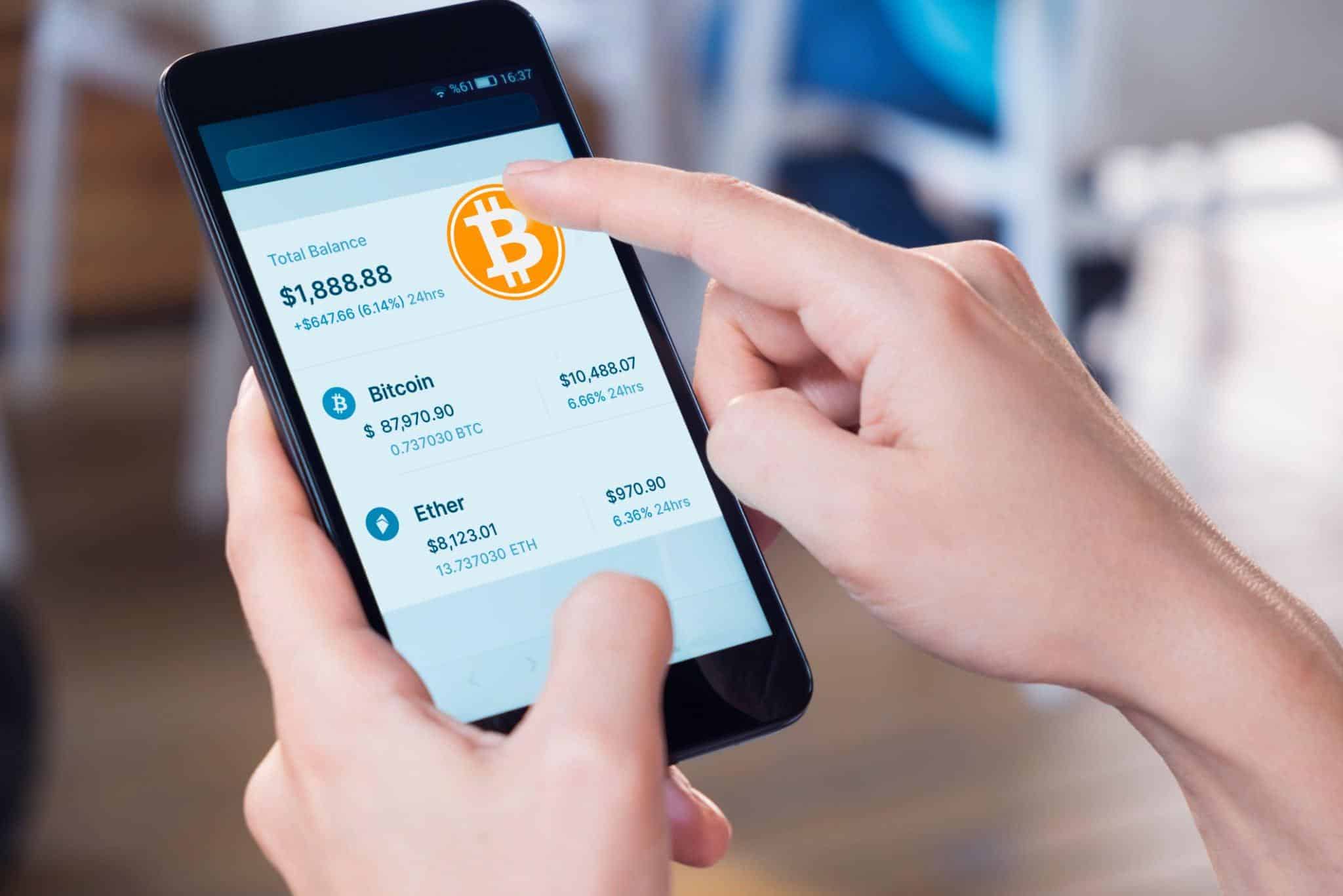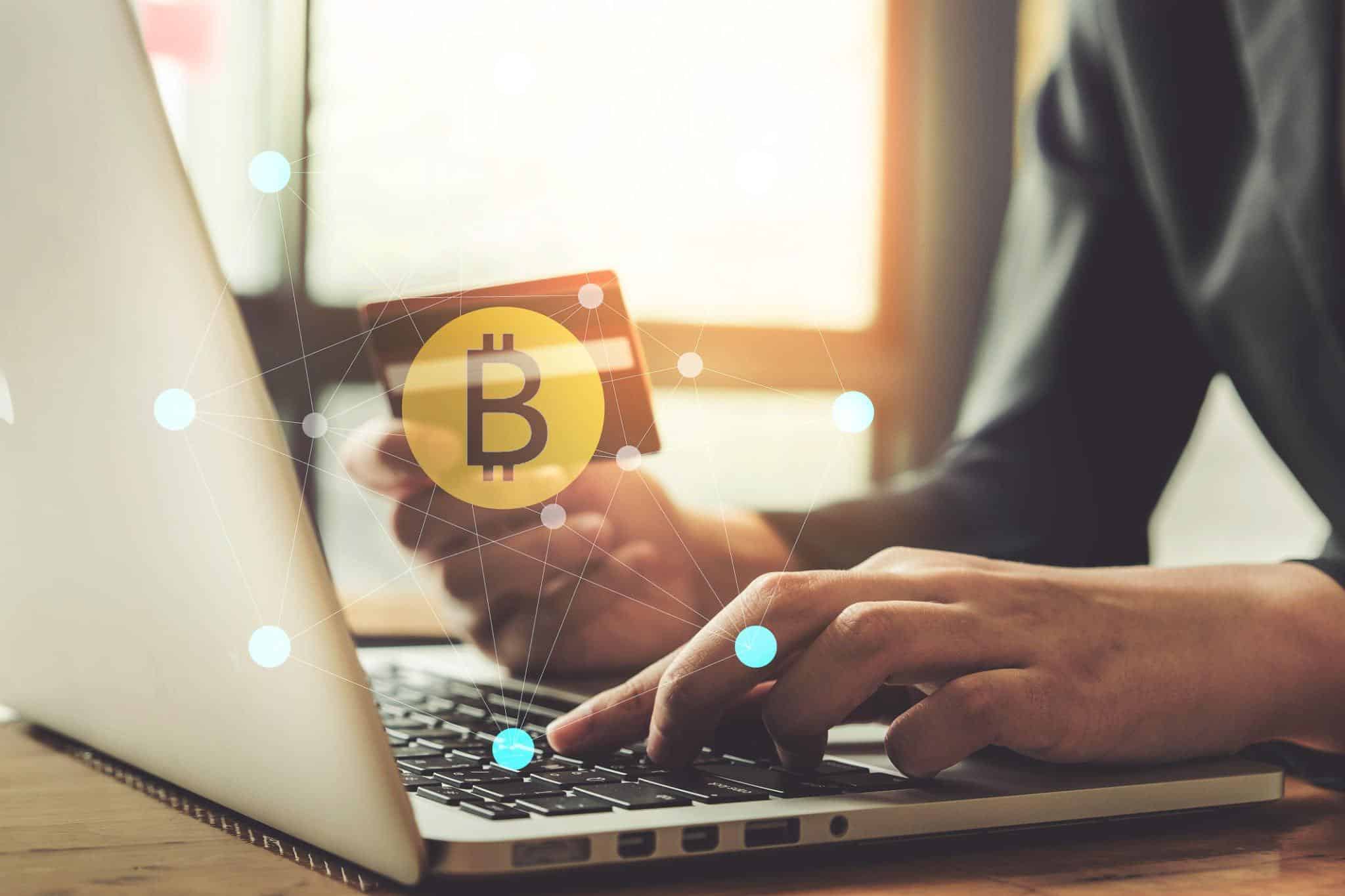Imagine this – you’re about to make your first transaction at a Bitcoin ATM in sunny California when you suddenly receive a call from a ‘government official’ asking you to pay your ‘overdue taxes’ in Bitcoin. Seems fishy? That’s because it is! Welcome to the world of Bitcoin ATM scams.
Bitcoin ATMs are a boon to the crypto-curious. They’re user-friendly, quick, and make buying or selling cryptocurrency a breeze. Unfortunately, their ease of use has also attracted the wrong kind of crowd – scammers.
Table of Contents
ToggleHow do Bitcoin ATM Scams work?
Scammers have an arsenal of tricks to lure their victims. One popular tactic is impersonation. They might pose as a government official, a law enforcement agent, or even a family member in distress. The aim is to create a fake but urgent need for you to withdraw cash and send it via Bitcoin.
They’ll then instruct you to go to a Bitcoin ATM and scan a QR code they provide. That QR code? It’s their own wallet address. And the urgency they create? It’s to ensure you don’t have time to double-check their story.
How can you spot and avoid Bitcoin ATM Scams?
The best defense against these scams is skepticism. If you receive an unexpected call or email asking for Bitcoin, treat it with suspicion. Always verify the identity of the person contacting you through official sources.
Never share personal or financial information with unverified sources. If you’re directed to a Bitcoin ATM, don’t just blindly follow the instructions. Do your research and understand the risks involved. And if you smell a rat, report it to your local authorities and the Federal Trade Commission (FTC).
How can you use Bitcoin ATMs safely and securely?
While Bitcoin ATMs come with their share of risks, they’re not all bad. They offer convenience, speed, and ease of use. However, they do have high fees and are subject to the volatile nature of cryptocurrencies.
To use a Bitcoin ATM safely, choose a reputable operator with clear terms and conditions. Always check the current exchange rate and fees before initiating a transaction. When using the ATM, follow the on-screen instructions and scan your own wallet address or QR code. Keep your receipt and transaction confirmation for future reference, and avoid using public Wi-Fi or unsecured networks when accessing your wallet or online accounts.
Here are the top scams that are frequently associated with Bitcoin ATMs:
1. Impersonation Scams:
This is one of the most common types of scams. Here, fraudsters impersonate a government agency, a law enforcement officer, a utility company, or even a loved one. They create a sense of urgency, stating that you owe money for unpaid taxes, fines, utility bills, or even a family emergency. The scammer then insists that the payment should be made through a Bitcoin ATM, which is an unusual and often a clear giveaway that it is a scam.
2. QR Code Scams:
In this scam, the fraudster provides the victim with a specific QR code to use at a Bitcoin ATM. The victim, believing they are sending money to their own wallet or paying a legitimate entity, is actually sending money directly to the scammer’s Bitcoin wallet.
3. Investment Scams:
These scams typically involve promises of high returns or guaranteed profits from investments in Bitcoin or other cryptocurrencies. The scammer usually requires the victim to make their investment via a Bitcoin ATM. However, these too-good-to-be-true investment opportunities are typically fraudulent, and the victim often ends up losing their entire investment.
4. Tech Support Scams:
Here, the scammer pretends to be from a tech support service, often claiming to be associated with a well-known company. They tell the victim that there’s a problem with their computer or internet connection and demand payment to fix it. The payment, they insist, has to be made through a Bitcoin ATM.
5. Romance Scams:
In these scams, fraudsters use online dating sites, apps, or social networking sites to approach potential victims. They build up a relationship with the person over time and then suddenly find themselves in a financial crisis. They then ask their new “partner” to help them out by sending money via a Bitcoin ATM.
Conclusion
In the wild west of Bitcoin ATMs, vigilance is your best ally. Be cautious when receiving unexpected calls or emails asking for Bitcoin transactions. Always verify the source and never share personal information with unverified sources.
In the end, while Bitcoin ATMs offer a convenient way to interact with cryptocurrencies, they also come with risks. Be informed, be cautious, and when in doubt, always double-check. Because, in the world of Bitcoin, it’s better to be safe than sorry!
